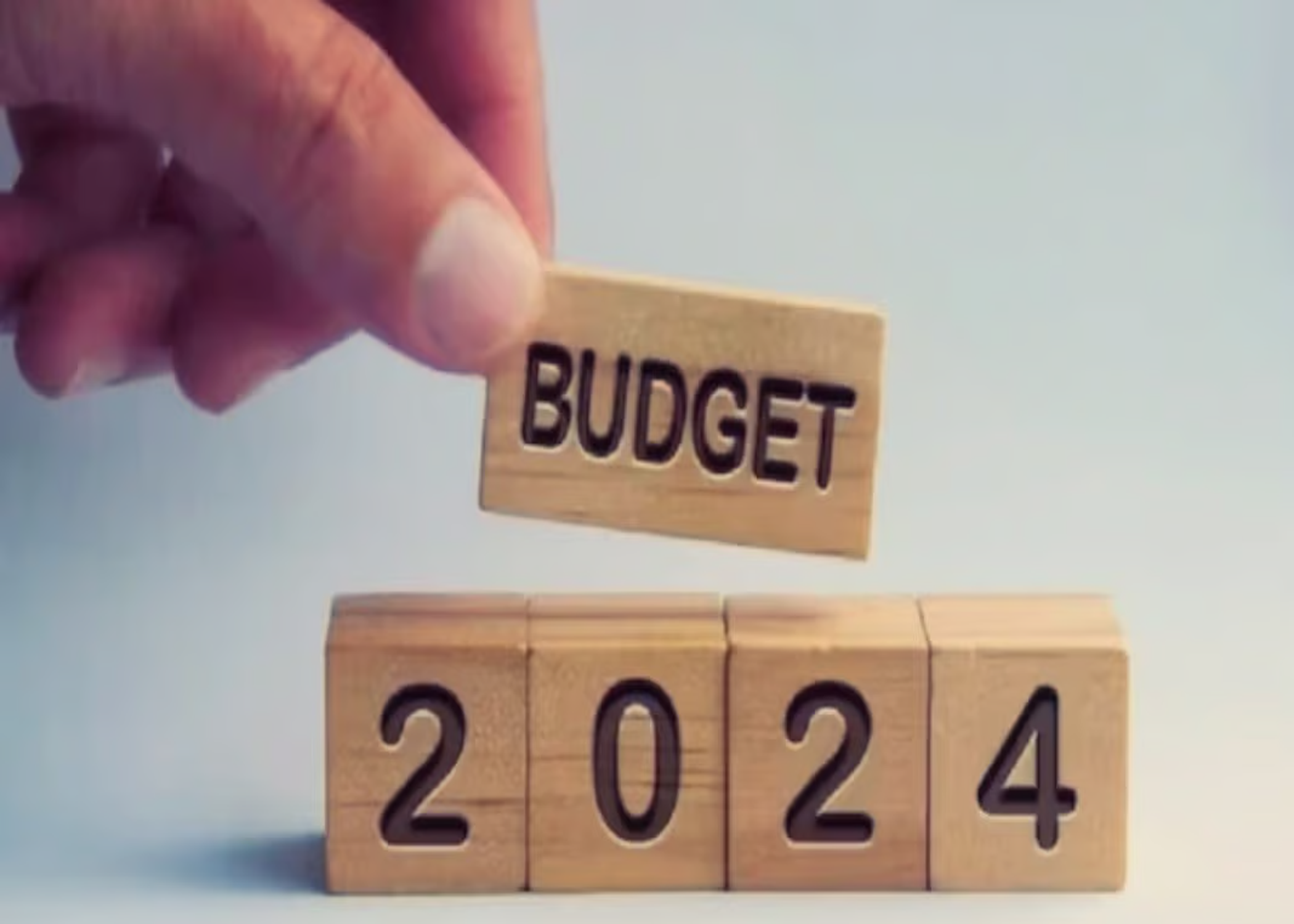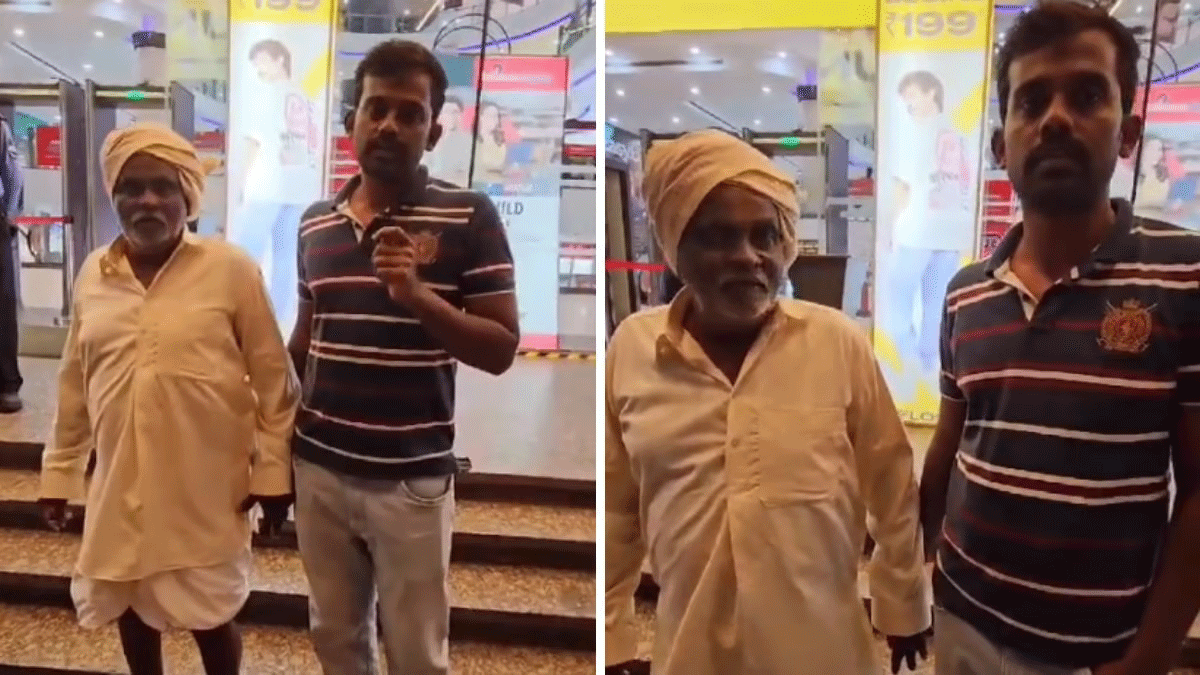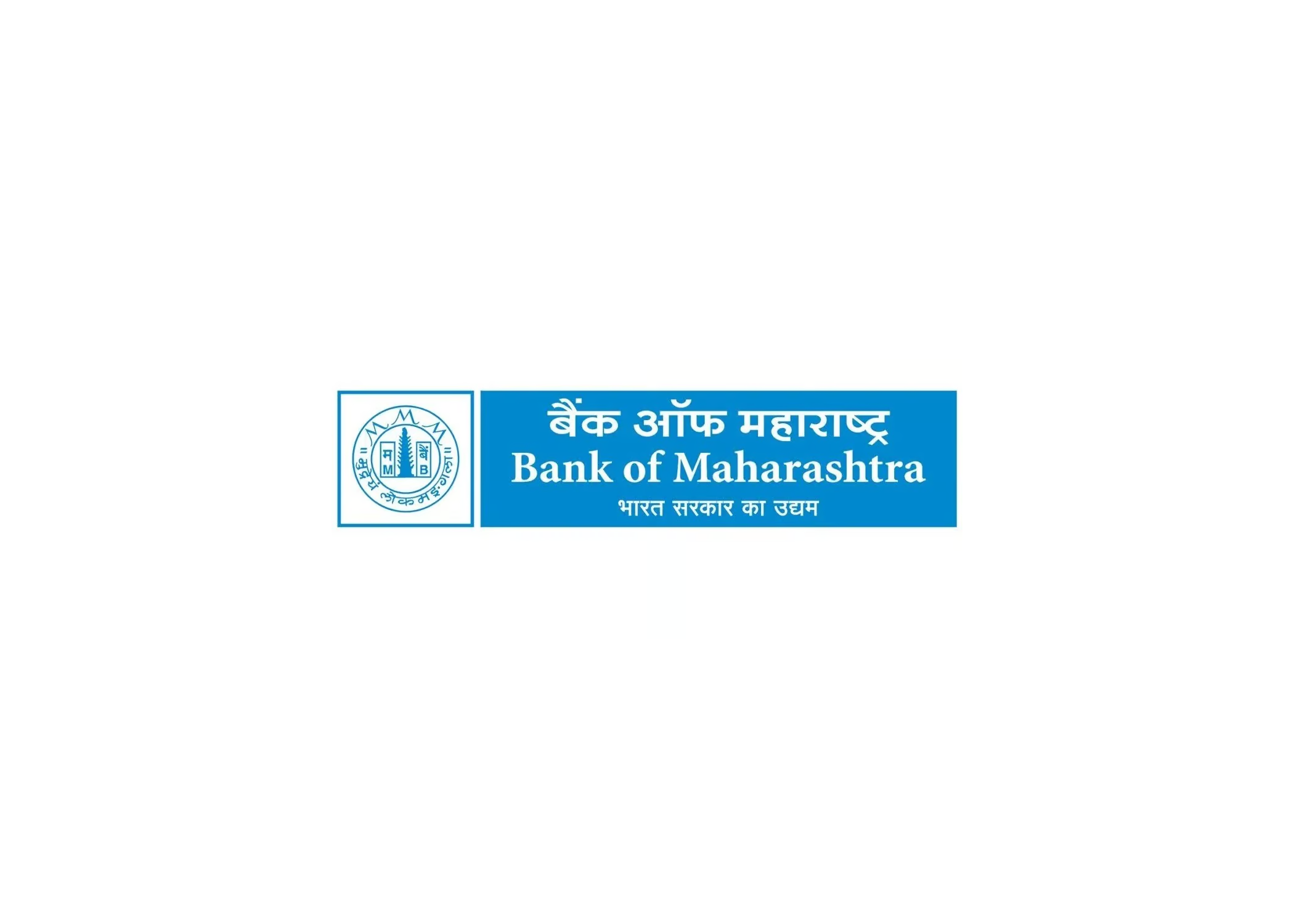Business
BSES Rajdhani, Havells India partner to train electricians on consumer safety

BSES Rajdhani Power Limited (BRPL) and Havells India Limited (HIL), a leading Fast-Moving Electrical Goods (FMEG) and a consumer durables company, have signed a Memorandum of Understanding (MoU) whereby an electrician training program to promote electrical safety is being undertaken.
As part of the initiative, a unique training program is being launched for electricians, including those nominated by RWAs in South and West Delhi.
Being an industry partner of the National Skill Development Council (NSDC), Havells India Limited is conducting training and assessment for electricians enabling them to be equipped with latest advancements in the field of electrical safety and automation.
The first batch of the program with 37 Nominated electricians was formally inaugurated on Tuesday by BRPL CEO Rajesh Bansal and Havells India Senior Vice President, Vivek Yadav.
Under this programme, electricians and BSES linemen will be sensitised, equipped and assessed on the best industry practices, latest advancements in the field of home automation, internal house wiring, prevention of short circuits and electrical fires.
The participants will also be sensitised on the importance of installing ELCB/RCCB.
The program will be carried-out in phases. In the first phase, 1,000 electricians will be trained.
Qualifying electricians will be NSDC Certified and granted Rs 500 by DBT under the Pradhan Mantri Kaushal Vikas Yojana (PMKVY), as also a three-year personal accident insurance of Rs 2 lakhs, covering death and permanent disability. For this, the NSDC has collaborated with New India Assurance Co Ltd (NIA) to provide insurance facility to the certified candidates.
In addition, the training sessions will also serve as a refresher course for those trained by BSES earlier and share their field-level real-life experiences with those attending the program for the first time.
Commenting on this initiative, a Reliance Infrastructure led BSES discoms spokesperson said: “We at BSES are committed to consumer safety. This partnership with Havells India is a testimonial to these efforts. I am sure, this association with will not only enable us to leverage each other’s strengths, but also give a further boost to our efforts to enhance electrical safety.”
Havells India’s Vivek Yadav said: “We are extremely delighted to partner with BSES to reinforce the need for electrical safety. The initiative resonates with the vision of Havells India to ensure consumer safety and customer first philosophy as it will help us in sensitising the electricians about the adoption of best safety practices.”
Business
Modi 3.0 Budget 2024: From ₹401 Crores In 1952-53 To ₹47,65,768 Crores In 2024-25, The Budget Expenditure Journey Of India

As the nation eagerly awaits with several expectations, the Union Finance Minister Nirmala Sitharaman will present the Budget 2024 on July 23 (Tuesday) in Lok Sabha. Ahead of the Budget presentation, Sitharaman today, July 22, tabled the Economic Survey 2023-2024 in the parliament as the session kicked off.
This budget will also set a record for Sitharaman by marking her presentation of the highest number of budget in the parliament, that is, a total of seven in a row.
The markets, investors and various sectors across will keenly watch the budget and the allocations.
With several expectation across various sectors, OMRON Healthcare India, Managing Director, Tetsuya Yamada, added, “India’s healthcare system faces a significant challenge due to the increasing burden of non-communicable diseases (NCDs). India has more than 220 million people who suffer from high blood pressure, but a WHO study showed that only 15% of them receive treatment.”
“We hope that the government will keep in mind the importance of implementing policies and promoting widespread knowledge of preventive care, which can reduce the burden of costs for hospitalization and surgery,” he added.
Furthermore, he noted, “We anticipate that the Union Budget 2024-25 will reflect a forward-thinking approach including preventive care at home, aligning with industry needs, and ultimately establishing a resilient and advanced healthcare framework.”
Here is the breakdown of the budget expenditure since independence:
The Early Years- 1952-1960
In the early period of post-independence, the country’s budget expenditure was relatively the lowest compared to the recent. It stood at Rs 401 crores in 1952-53 and by the 1959-60 period, the expenditure doubled to Rs 839 crores.
The 1960s: Laying the Foundations
Continuing the upward trend, the budget expenditure reached Rs 980 crores in 1960-61 with many significant allocations in various sectors such as agriculture, industry, and defence.
Furthermore, it crossed the Rs 1,000 crore mark for the first time in 1961-62 at Rs 1,024 crores and the decade ended with the budget at Rs 3,388 crores in 1969-70.
The 1970 period
Although facing with many economic challenges during the 1970s period, including the inflation and global oil crises, the budget expenditure rose from Rs 3,781 crores in 1970-71 to Rs 12,048 crores in 1979-80.
The 1980s: Economic Liberalisation Begins
Reflecting a shift towards modernisation and industrial growth trend, in 1980-81 it reached Rs 13,310 crores and later then crossed the Rs 1 lakh crore mark in 1985-86 at Rs 1,03,844 crores.
By the end of the decade, the expenditure had reached Rs 82,161 crores in 1989-90.
The 1990s: Liberalisation and Expansion
The economic liberalisation period, the 1990s was a watershed moment for India, and the budget expenditure increased from Rs 1,13,422 crores in 1991-92 to Rs 2,83,882 crores in 1999-2000.
The 2000s: Growth and Global Integration
The new millennium with the continued upward trajectory, the budget expenditure stood at Rs 3,38,487 crores in 2000-01 and crosed the Rs 1 lakh crore mark several times over by 2009-10, reaching Rs 10,20,838 crores.
The 2010s – Digital Revolution and Social Welfare
The digital revolution era, the budget expenditure in 2010-11 was Rs 11,08,749 crores. By 2019-20, the expenditure had surged to Rs 27,86,349 crores.
The 2020s: Resilience Amidst Challenges
The 2020s period began with unprecedented challenges due to the COVID-19 pandemic but despite this, the budget grew from Rs 30,42,230 crores in 2020-21 to Rs 47,65,768 crores in 2024-25.
Business
GT Mall Which Denied Entry To A Man Wearing Dhoti, Now Sealed For Defaulting On Rs 3.56 Crore Property Tax

The G.T. World Mall was closed on Thursday by the Bruhat Bengaluru Mahanagar Palike (BBMP) due to outstanding property tax payments totaling Rs 3.56 crore. The mall has been in the spotlight since a elderly farmer was denied entry for wearing a dhoti on Tuesday evening.
The mall received a notice from the civic organization Bruhat Bengaluru Mahanagara Palike (BBMP) directing them to settle the outstanding balance by July 31. Additionally, the city officials issued a warning, stating that if the payment is not received by the deadline, the mall will close even more.
Additionally, the mall’s trade license has been suspended.
A notice on the mall’s entrance stated, “Your trade license is suspended and your property is sealed for non-payment of arrears property tax, as per Section 156 of the BBMP Act 2020, read with a circular dated 06-12-2023.”
Nevertheless, the GT Mall management asserted that, in contrast to the Rs 3.56 crore indicated in the BBMP notice, two years’ worth of property tax, or Rs 1.78 crore, is due. The BBMP also asked mall management to explain why they wouldn’t let the elderly farmer in a dhoti enter the mall.
Dhoti incident at ‘GT Mall’
A video of an old man and his son pleading with GT Mall employees to let them into the shopping center surfaced on July 17. Even though they had reservations for a movie, they were reportedly refused entry because they were wearing dhotis.
Social media users have taken to criticizing and debating the viral video, with many demanding that the management of GT Mall be held accountable for their “disrespect” for the elderly man. On the matter, BJP opposition leaders criticized the Siddaramaiah administration.
Business
Bank Of Maharashtra Q1 Earnings: Total Business Rises To ₹4,700,000,000,000

The Bank of Maharashtra’s Q1 earnings were reported on the exchange on July 15.
The bank reported their revenue at Rs 6768.76 crore in Q1 FY25, a 24.9 per cent jump from same quarter previous year, which was reported at Rs 5,417.87 crore. The net profit stood at Rs 1,293.68 in Q1 FY25, which saw a 46.5 per cent jump quarter-on-quarter. The same quarter of the previous year saw a net profit of Rs 882,49 crore.
Between Q1FY24 and Q1FY25, the bank’s total business increased by 13.43 per cent YoY to Rs 4.76 trillion. However, compared to the same quarter previous year, the bank’s total deposits increased by 9.43 per cent YoY to Rs 2.67 trillion.
Gross and net NPA
Gross non-performing assets (NPAs) decreased marginally during the quarter, from 1.88 percent to 1.85 percent, demonstrating the resilience of asset quality (QoQ). At Rs 3,873 crore, gross non-performing assets (NPAs) were as of the last quarter, down from Rs 3,833 crore.
The bank’s meager 0.20 percent net non-performing assets (NPAs) did not alter. Net non-performing assets (NPAs) came in at Rs 415 crore, which is the same as the Rs 409 crore collected in the previous quarter.
Net NPAs for the bank held steady at a pitiful 0.20 percent. Net NPAs were reported at Rs 415 crore, which is the same as the Rs 409 crore figure from the previous quarter.
Net interest margin
The bank recorded net interest income (NII) of Rs 2,799 crore for Q1 FY25, up 20 per cent YoY from Rs 2,340 crore in the corresponding quarter of the previous year.
Share performance
The Bank of maharashtra’s share was trading around Rs 68.95 per share on Indian bourses, 5.95 per cent jump from the opening of The counter which opened at Rs 65.94 per share today.
-

 Crime2 years ago
Crime2 years agoClass 10 student jumps to death in Jaipur
-

 Bollywood11 months ago
Bollywood11 months agoJawan Leaked Online! Shah Rukh Khan’s Film Falls Prey To Piracy Within Hours Of Release
-

 International10 months ago
International10 months agoAsia Cup 2023: Body Blow For Sri Lanka As Lead Spinner Likely To Miss Final Against India
-

 Crime2 years ago
Crime2 years ago‘You must stop this’, SC expresses concern on hate speeches made at Dharam Sansads
-

 Bollywood11 months ago
Bollywood11 months agoWith Rs.75 Cr, Shah Rukh Khan Breaks His Own Record As Jawan Beats Pathaan On Day 1 At Box Office
-

 Entertainment2 years ago
Entertainment2 years agoRakhi Sawant changes name to Fatima after her wedding with Adil Khan Durrani – Check viral Nikah pics
-

 Bollywood2 years ago
Bollywood2 years agoAnushka Sharma starts shooting for her ‘Chakda Xpress’
-

 Bollywood11 months ago
Bollywood11 months agoJawan On OTT: Shah Rukh Khan’s Film Sold To Netflix For A Whopping Rs.250 Crore












